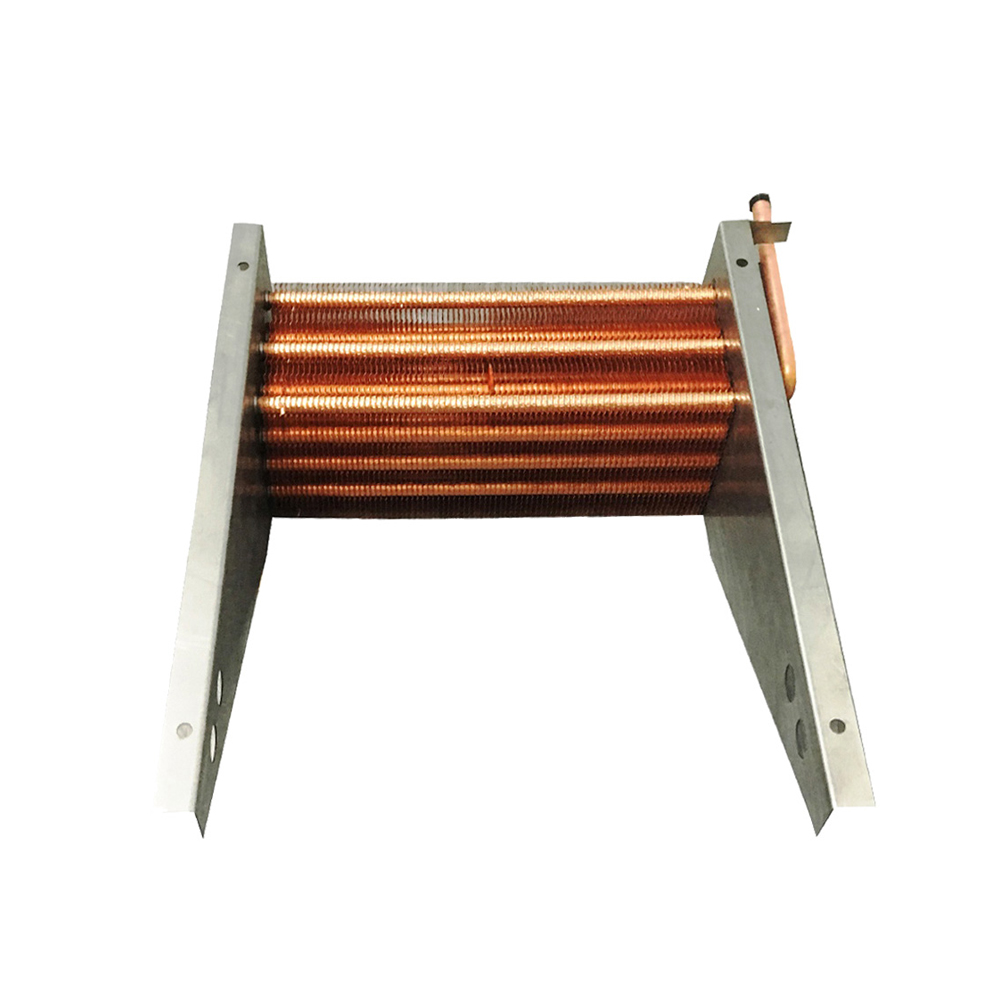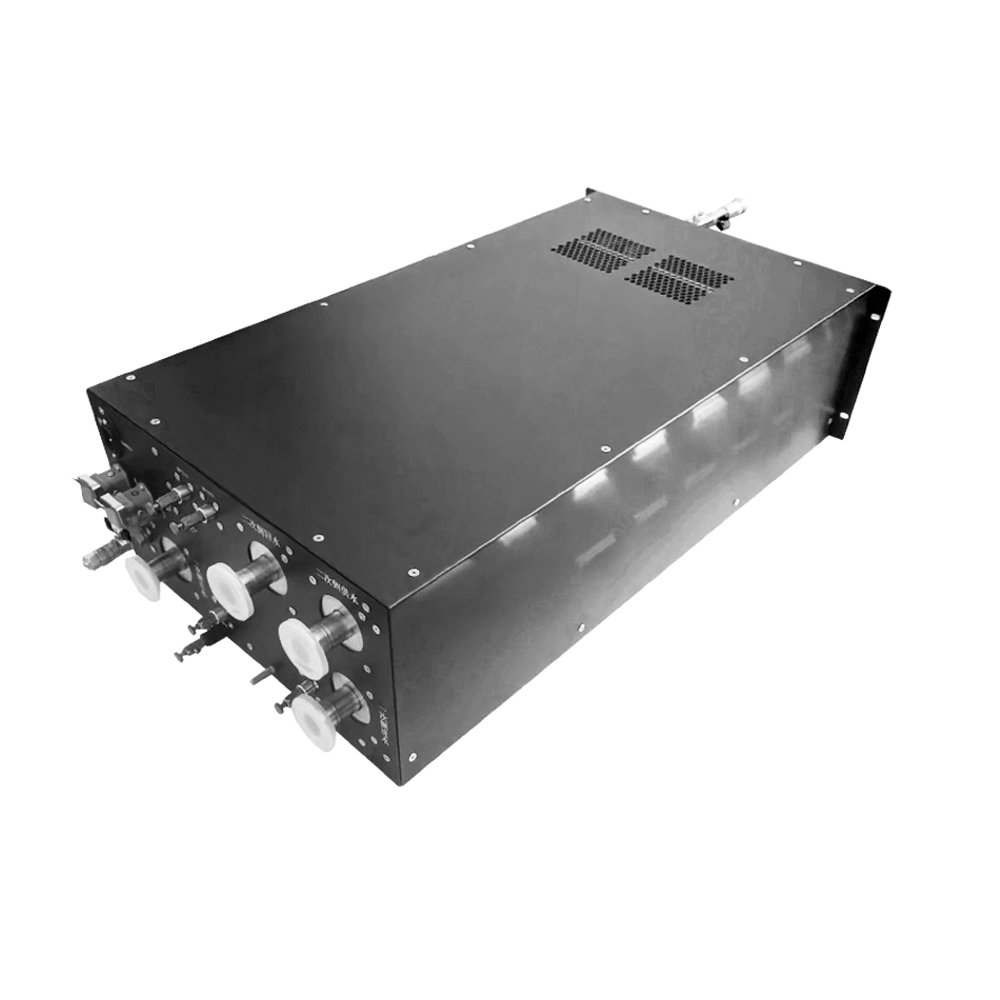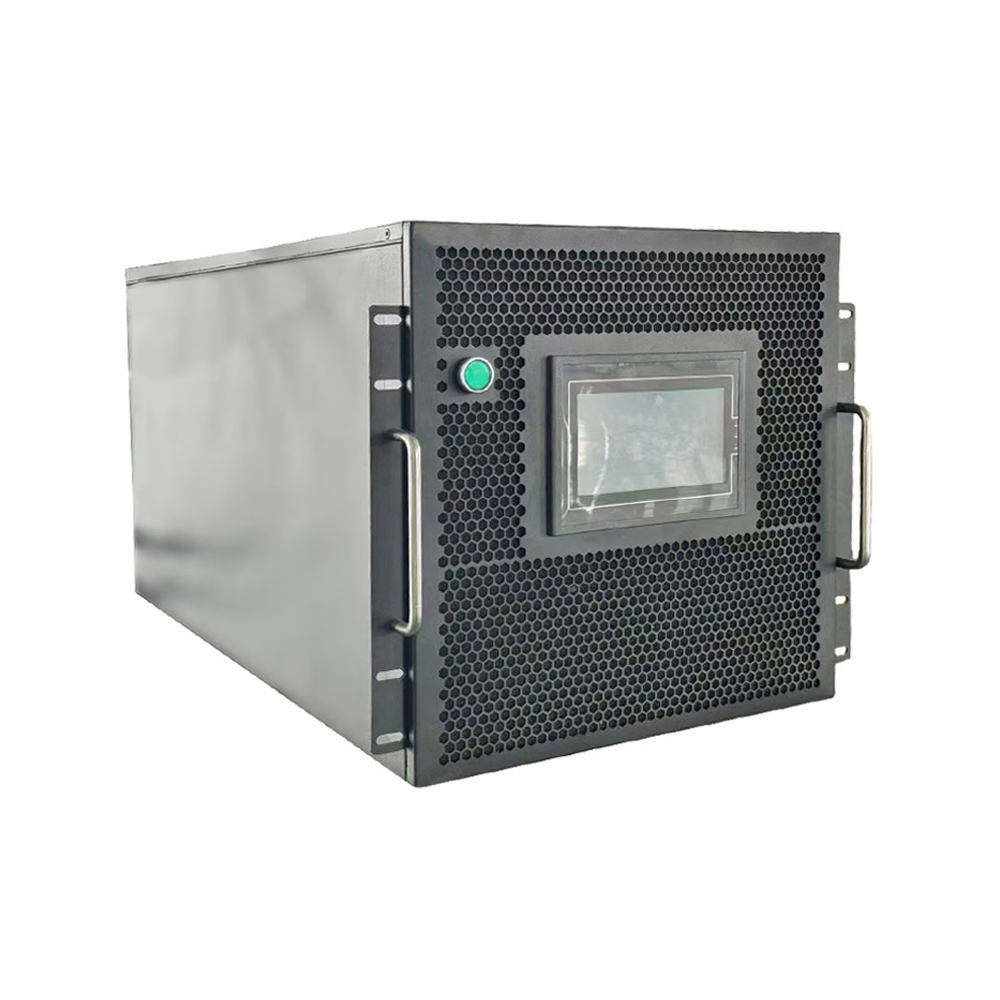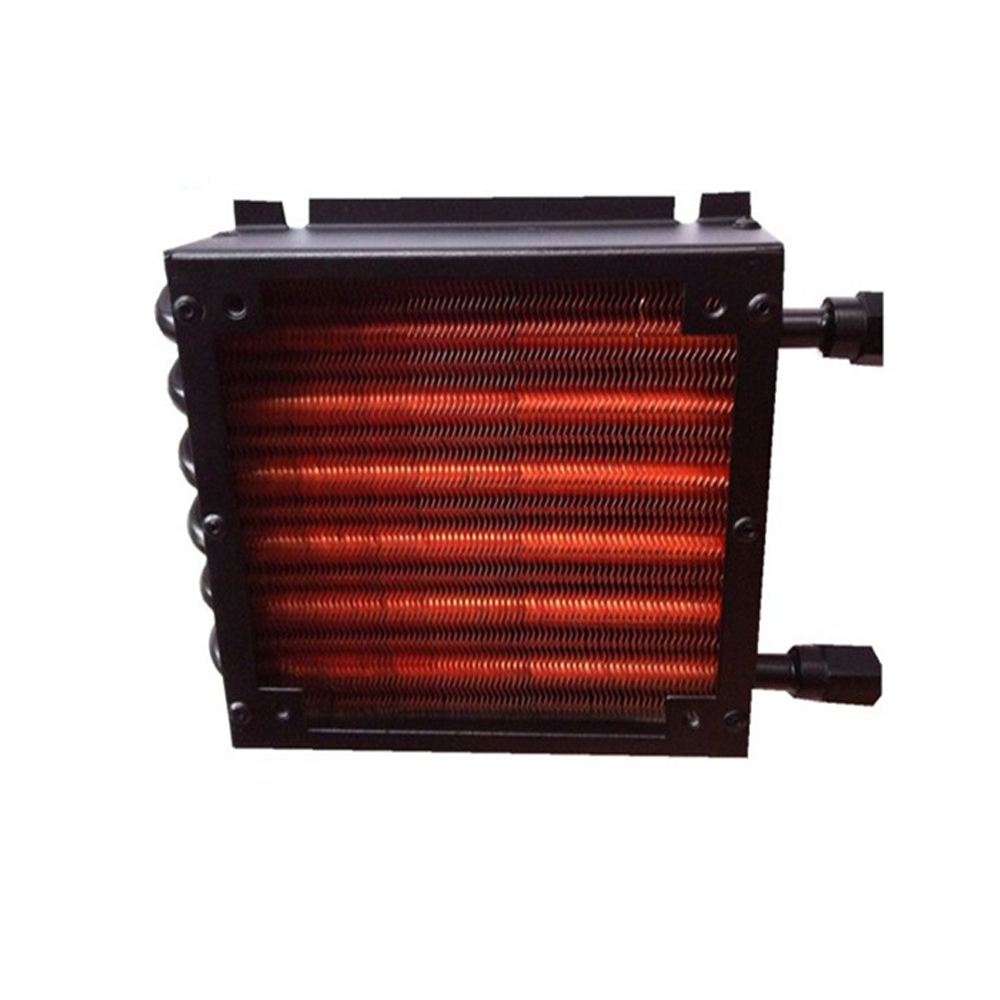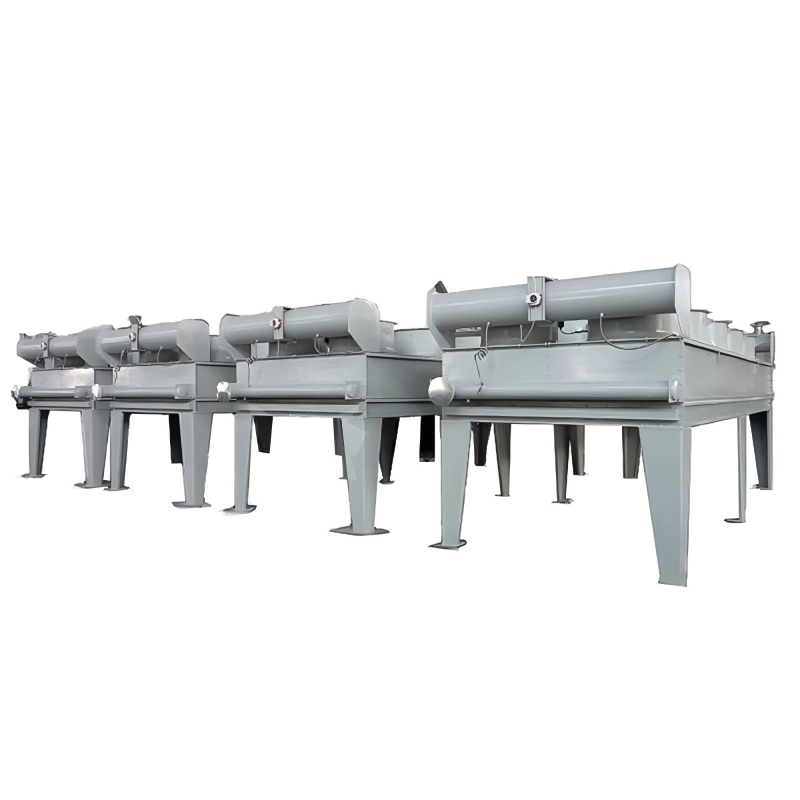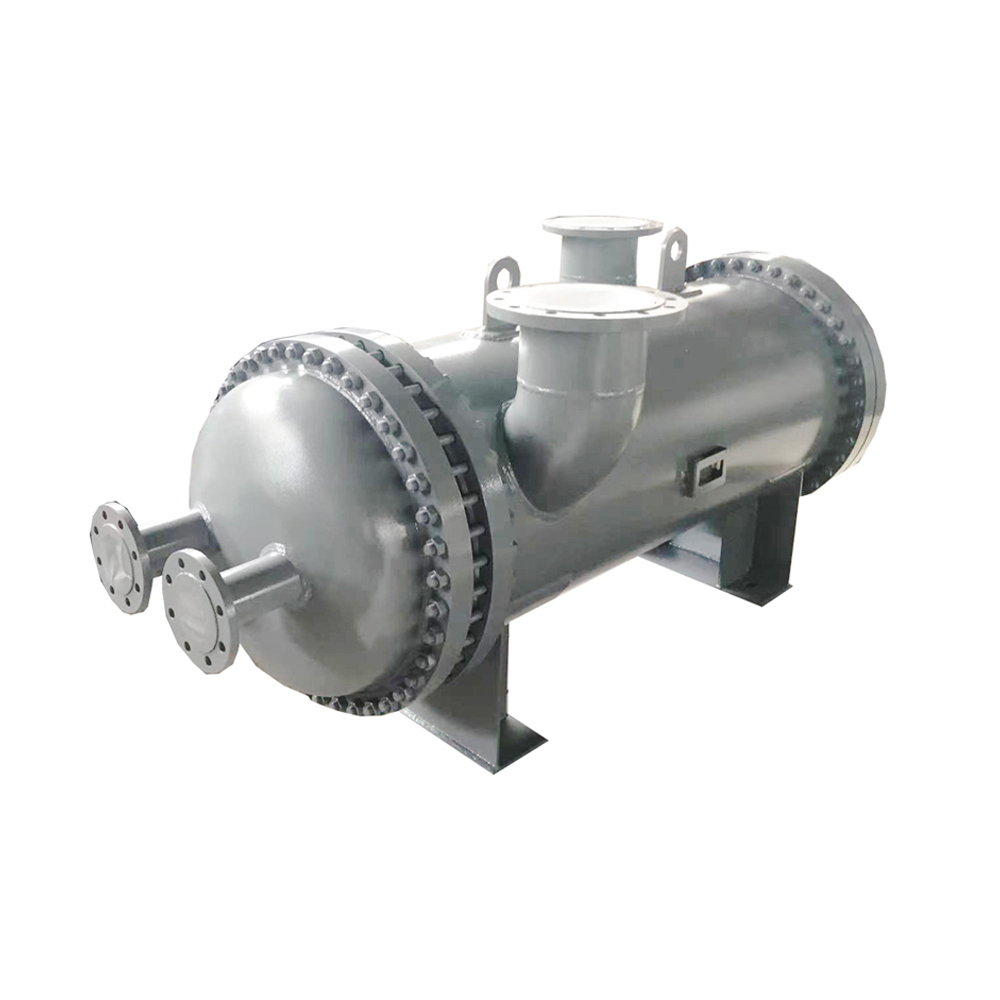This comprehensive guide helps you navigate the world of heat exchanger coil factories, providing insights into choosing the right manufacturer for your specific requirements. We cover key factors to consider, from materials and manufacturing processes to quality control and after-sales service. Learn how to select a reliable supplier and avoid potential pitfalls.
Understanding Heat Exchanger Coils
Heat exchanger coils are crucial components in various industrial and commercial applications, including HVAC systems, refrigeration, and process cooling. They efficiently transfer heat between two fluids, optimizing energy consumption and performance. The choice of coil type depends heavily on the application, required heat transfer rate, and the properties of the fluids involved. Common types include copper coils, stainless steel coils, and aluminum coils, each with its unique strengths and weaknesses. Understanding these differences is key to selecting the appropriate heat exchanger coil factory.
Key Factors to Consider When Choosing a Heat Exchanger Coil Factory
Selecting a reliable heat exchanger coil factory requires careful consideration of several crucial factors. These include:
- Manufacturing Capabilities: Does the factory possess the necessary equipment and expertise to produce coils to your exact specifications? Look for evidence of advanced manufacturing techniques and quality control measures.
- Material Quality: The materials used directly impact the coil's performance and longevity. Ensure the factory uses high-quality materials that meet or exceed industry standards. Inquire about material certifications and testing procedures.
- Customization Options: Can the factory produce custom-designed coils tailored to your specific application? Flexibility in design and customization is often a key advantage.
- Quality Control: Rigorous quality control is essential to guarantee consistent performance and reliability. Look for factories that employ stringent testing and inspection protocols throughout the manufacturing process.
- Lead Times and Delivery: Understand the factory's lead times and delivery capabilities to ensure your project stays on schedule. Inquire about their logistics and shipping processes.
- After-Sales Service: A reputable factory provides comprehensive after-sales support, including technical assistance and warranty services. Inquire about their warranty policies and customer support procedures.
- Pricing and Payment Terms: Obtain detailed pricing information and understand their payment terms before committing to an order. Compare quotes from multiple factories to ensure competitive pricing.
Types of Heat Exchanger Coils and Their Applications
Different applications require different types of heat exchanger coils. The design and material selection depend on factors like pressure, temperature, fluid compatibility, and heat transfer requirements. For example, a refrigeration system might utilize a different coil type than an industrial process cooling system.
Copper Heat Exchanger Coils
Copper coils are known for their excellent thermal conductivity and corrosion resistance. They're often used in applications requiring high heat transfer rates and long-term reliability. However, copper can be more expensive than other materials.
Stainless Steel Heat Exchanger Coils
Stainless steel coils offer superior corrosion resistance and can withstand harsh environments. They are often preferred in applications involving corrosive fluids or extreme temperatures. However, their thermal conductivity might be lower than copper.
Aluminum Heat Exchanger Coils
Aluminum coils are lightweight and offer good thermal conductivity, making them suitable for applications where weight is a critical factor. They are often more cost-effective than copper or stainless steel.
Finding the Right Heat Exchanger Coil Factory: A Step-by-Step Guide
Finding a reliable heat exchanger coil factory requires a methodical approach. Follow these steps to streamline the selection process:
- Define Your Requirements: Clearly specify your application, desired performance characteristics, and material preferences.
- Research Potential Suppliers: Use online resources and industry directories to identify potential heat exchanger coil factories.
- Request Quotes and Compare Options: Contact several factories to request detailed quotes and compare their offerings.
- Verify Credentials and References: Check the factory's certifications, accreditations, and customer references.
- Conduct Site Visits (if feasible): If possible, visit the factory to assess their facilities and manufacturing processes.
- Negotiate Contracts and Terms: Carefully review and negotiate the contract terms before placing an order.
Conclusion
Choosing the right heat exchanger coil factory is crucial for ensuring optimal performance and longevity of your equipment. By carefully considering the factors outlined above and following a structured selection process, you can confidently select a reliable supplier that meets your specific needs and budget. For high-quality heat exchanger coils and exceptional service, consider exploring options from reputable manufacturers such as Shanghai SHENGLIN M&E Technology Co.,Ltd.









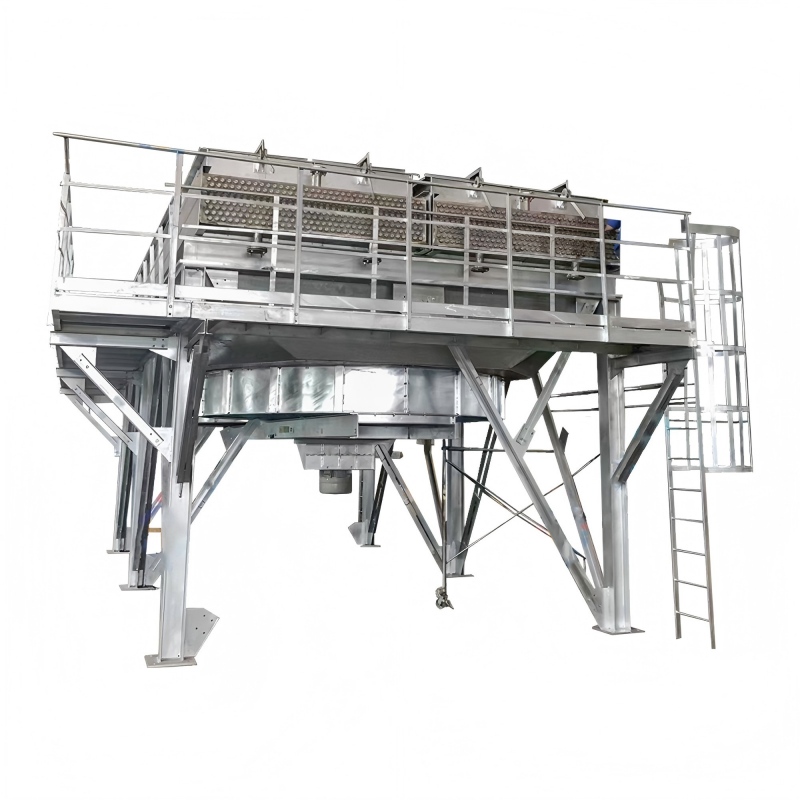
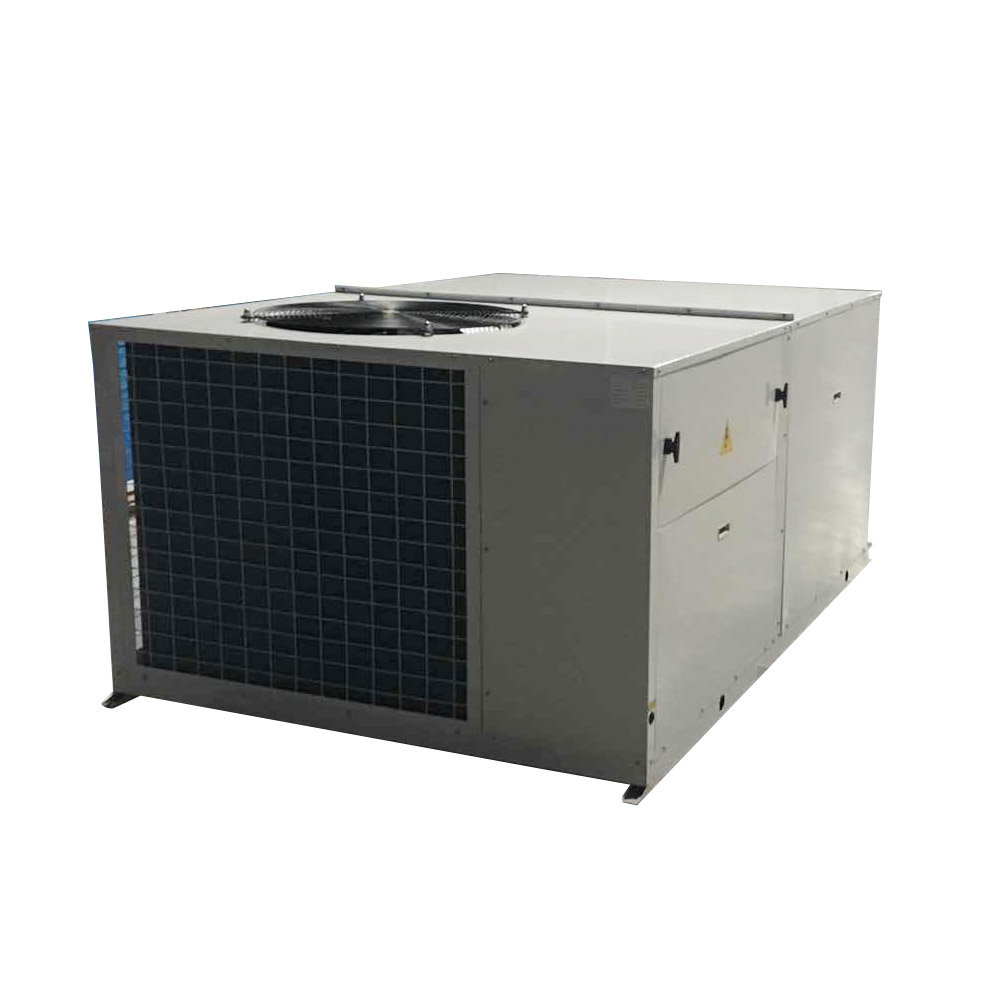
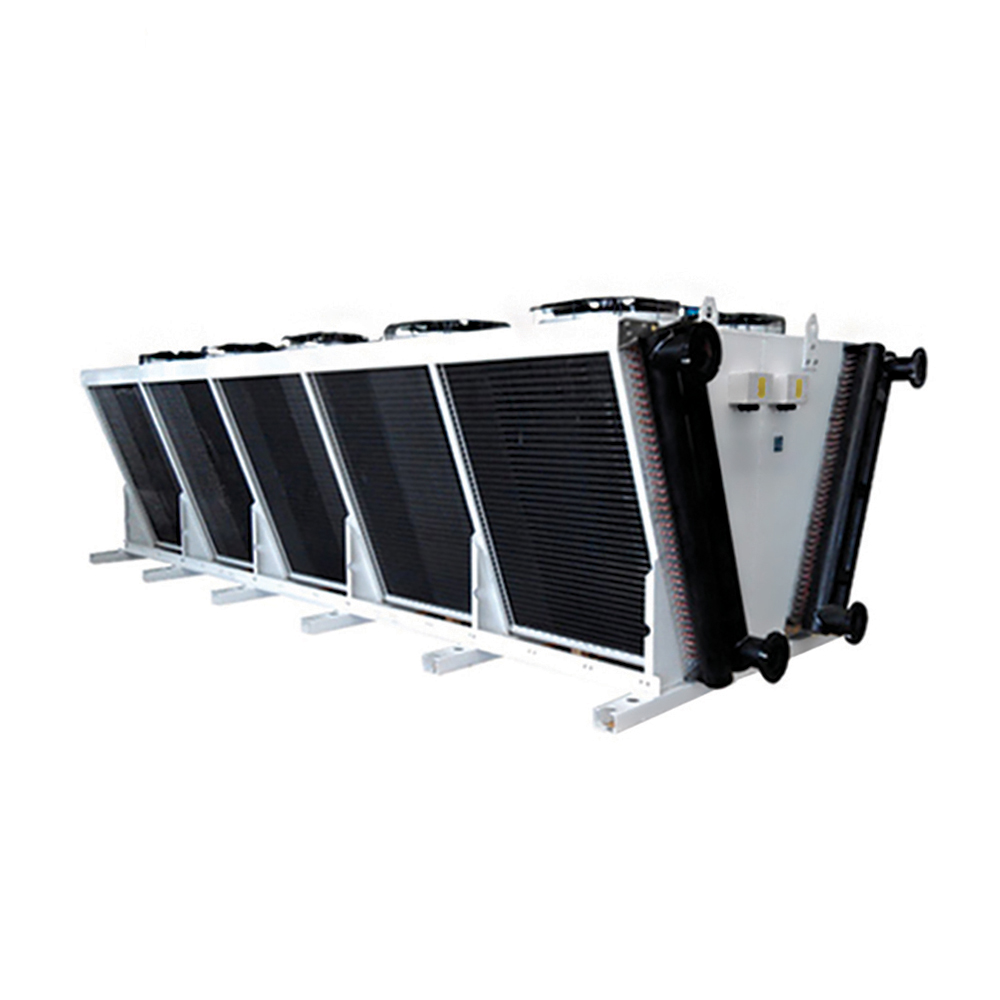
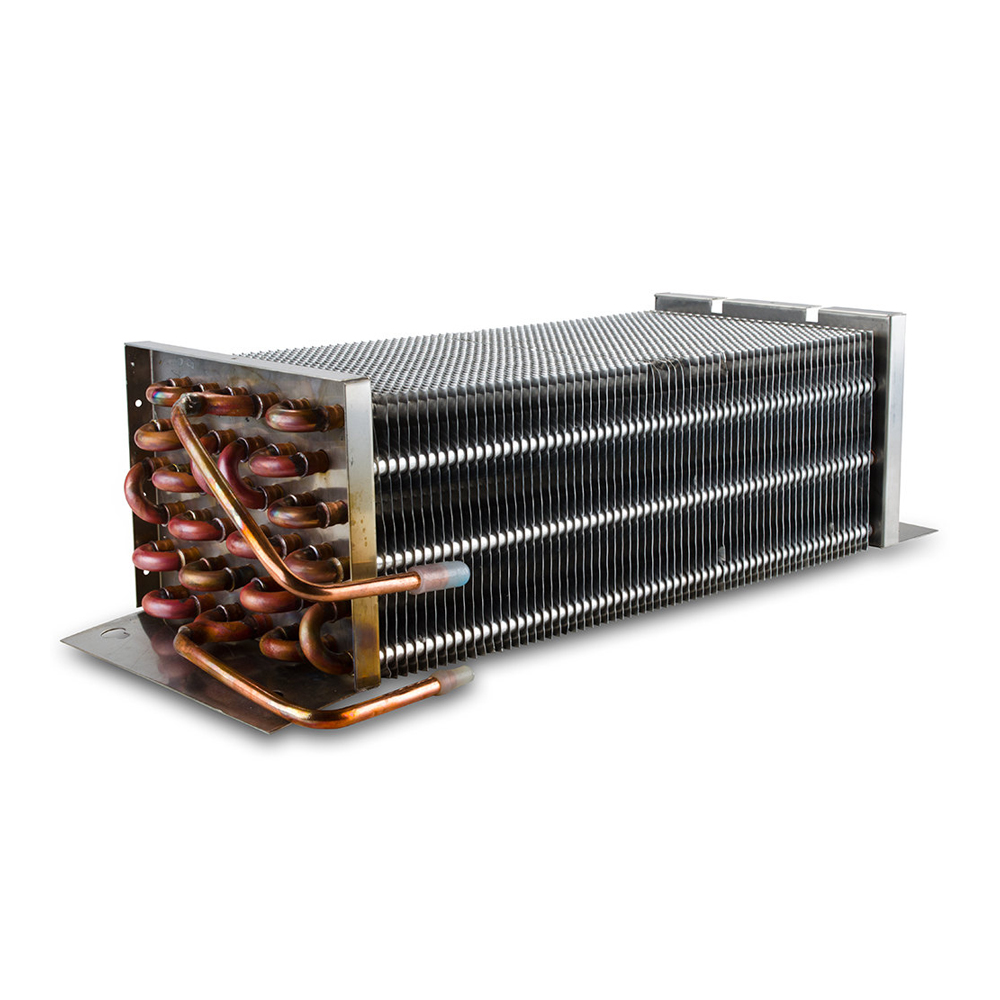
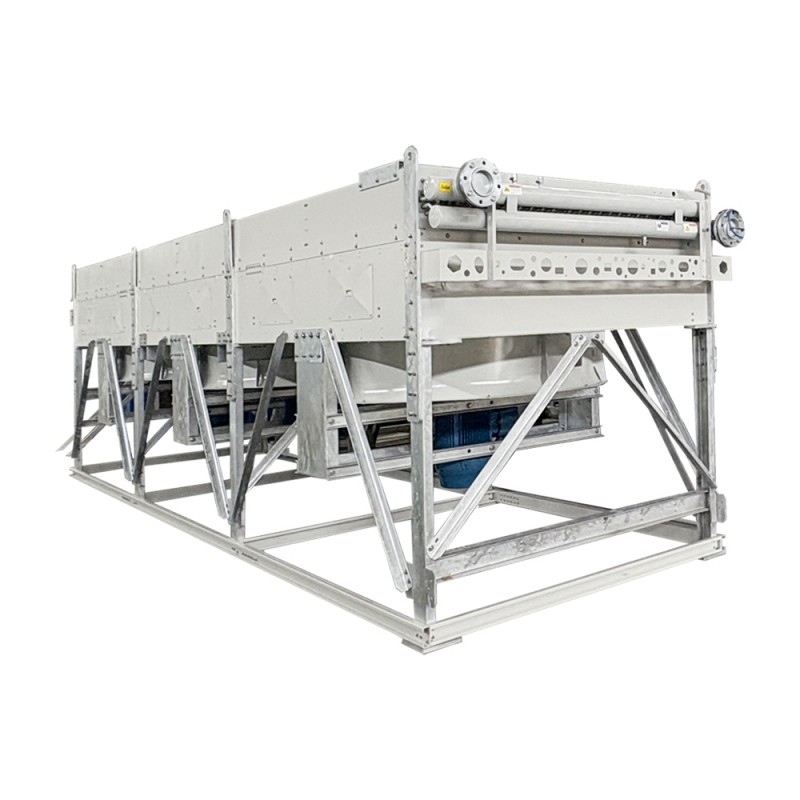
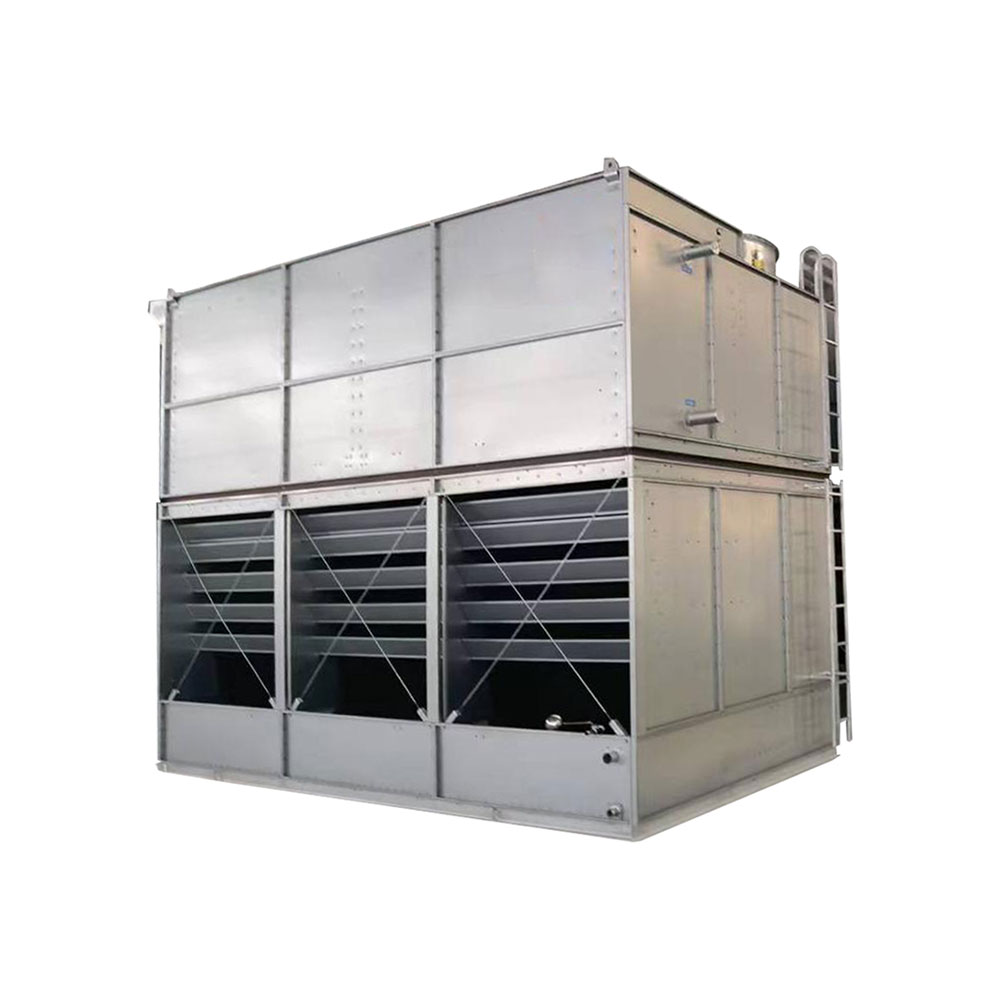
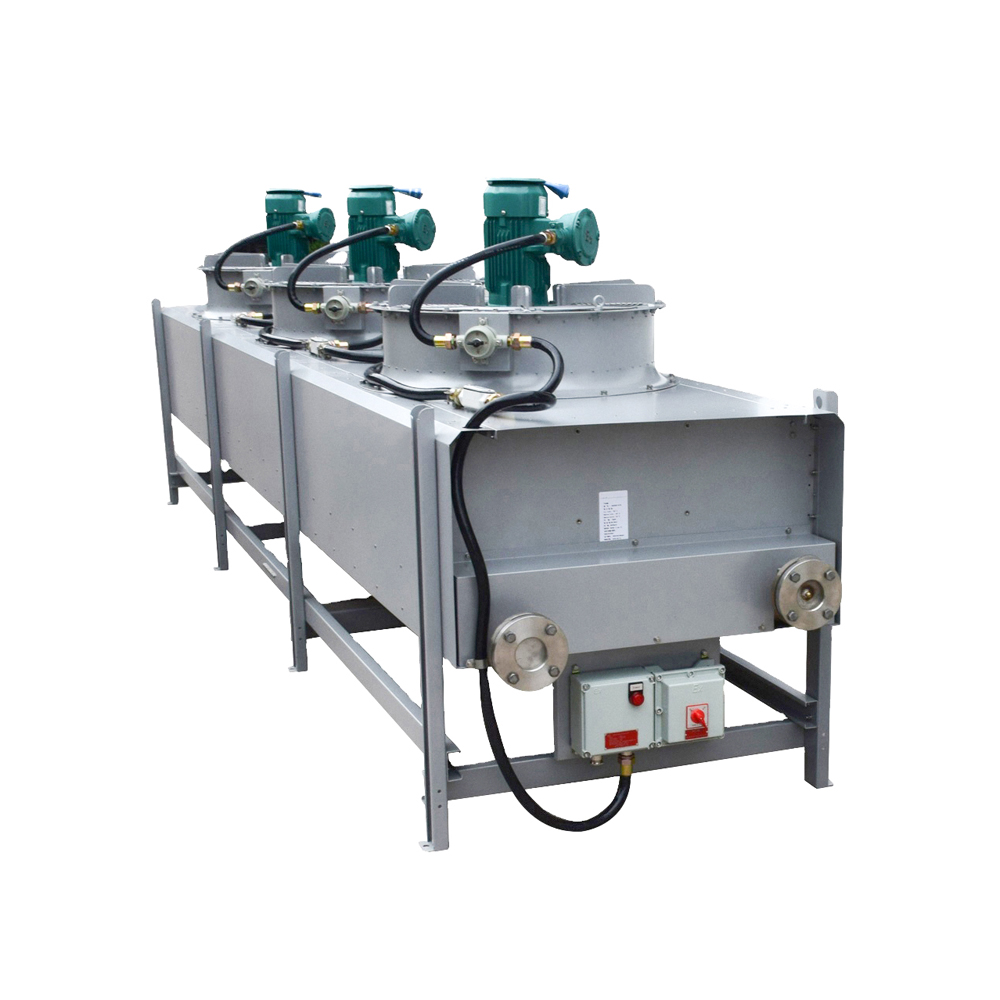
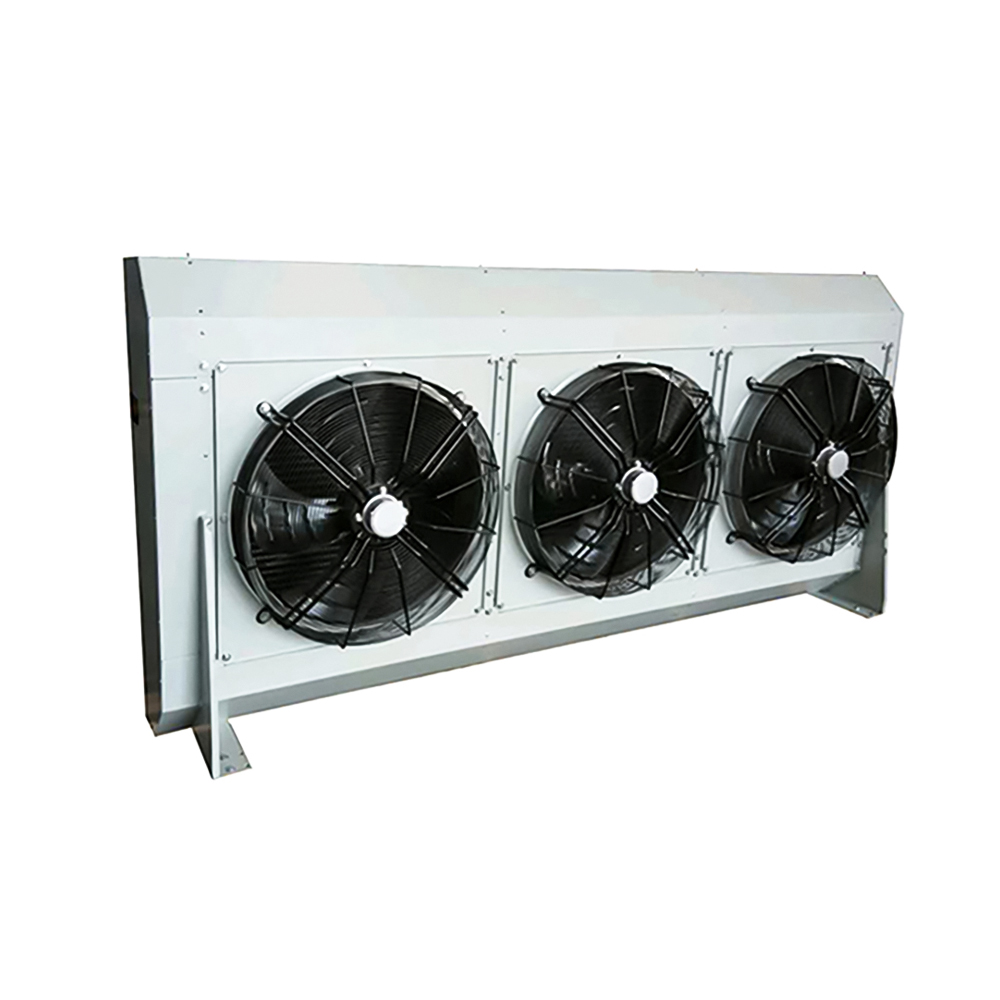

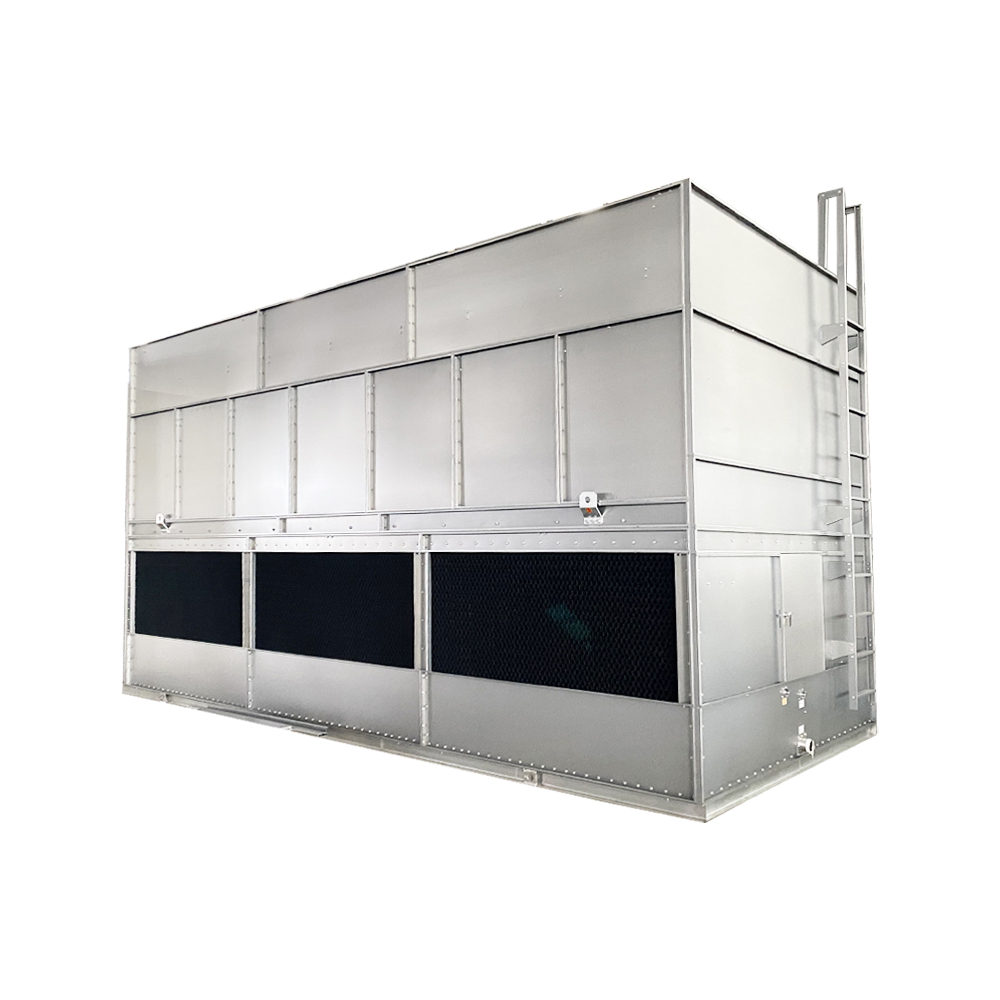
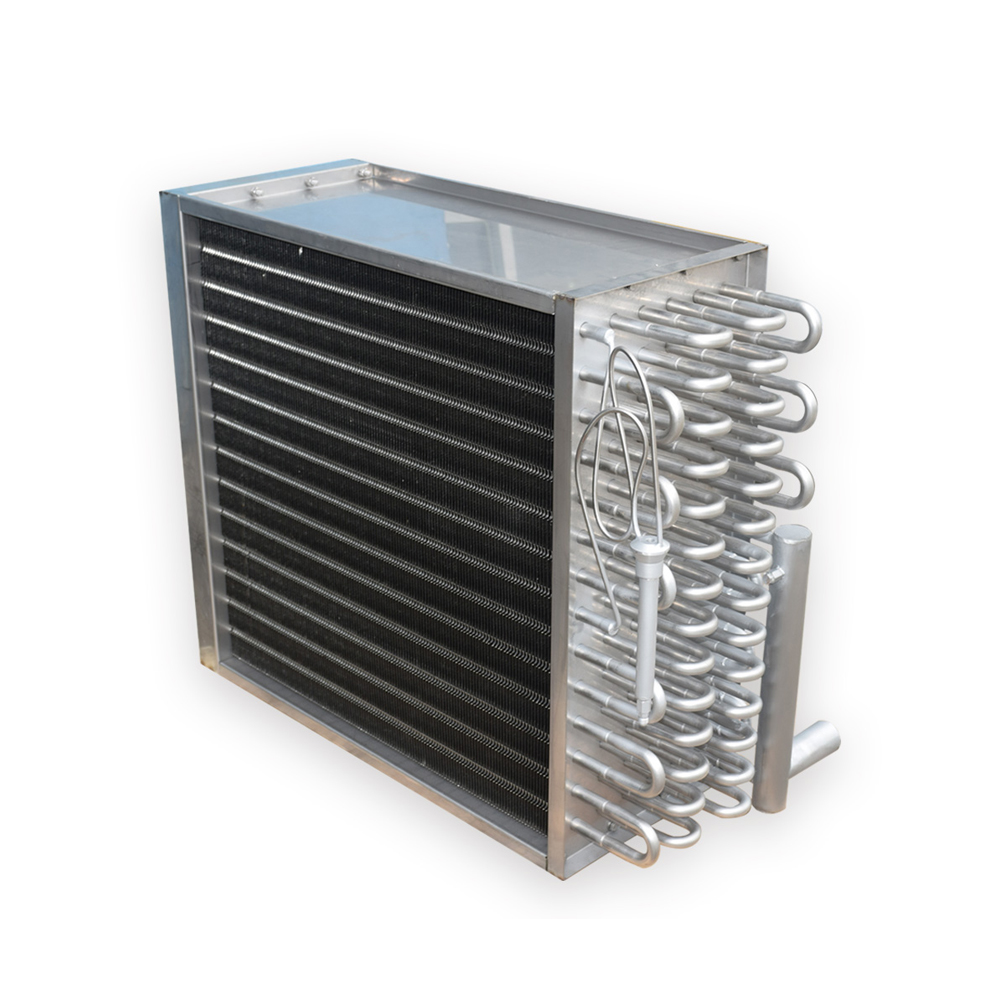
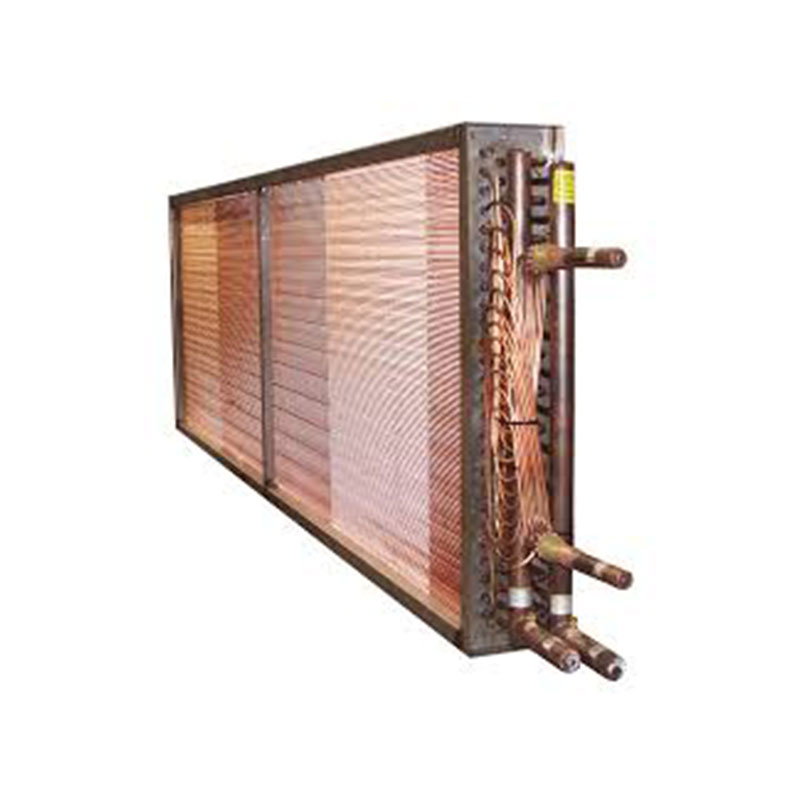
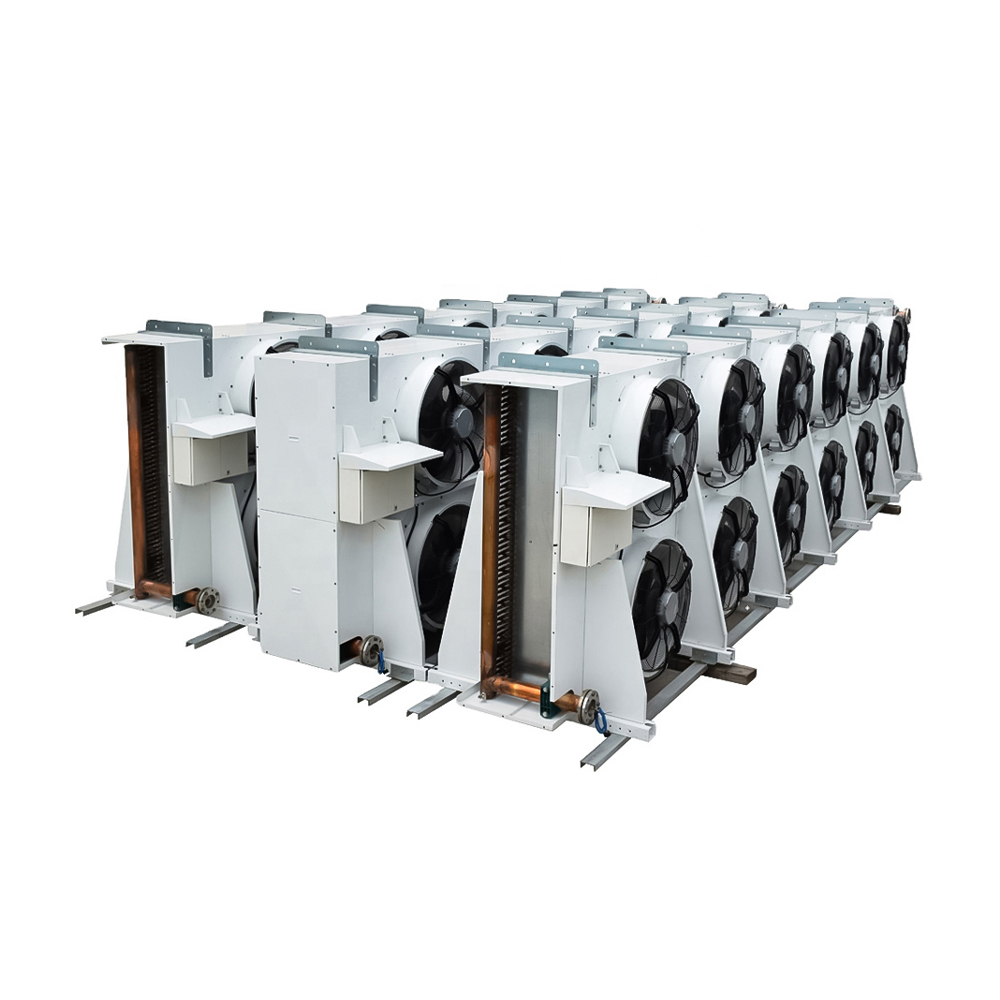
.jpg)
